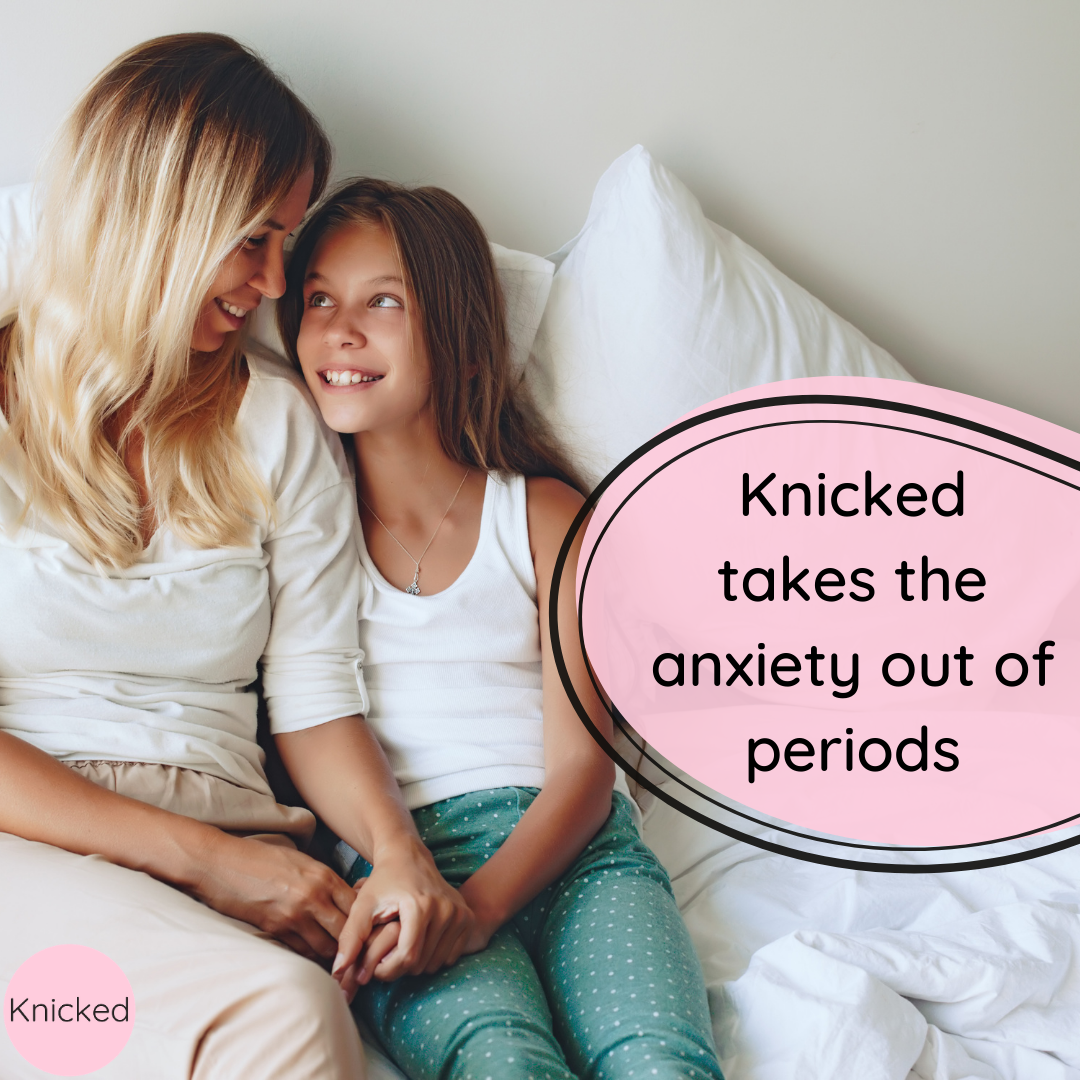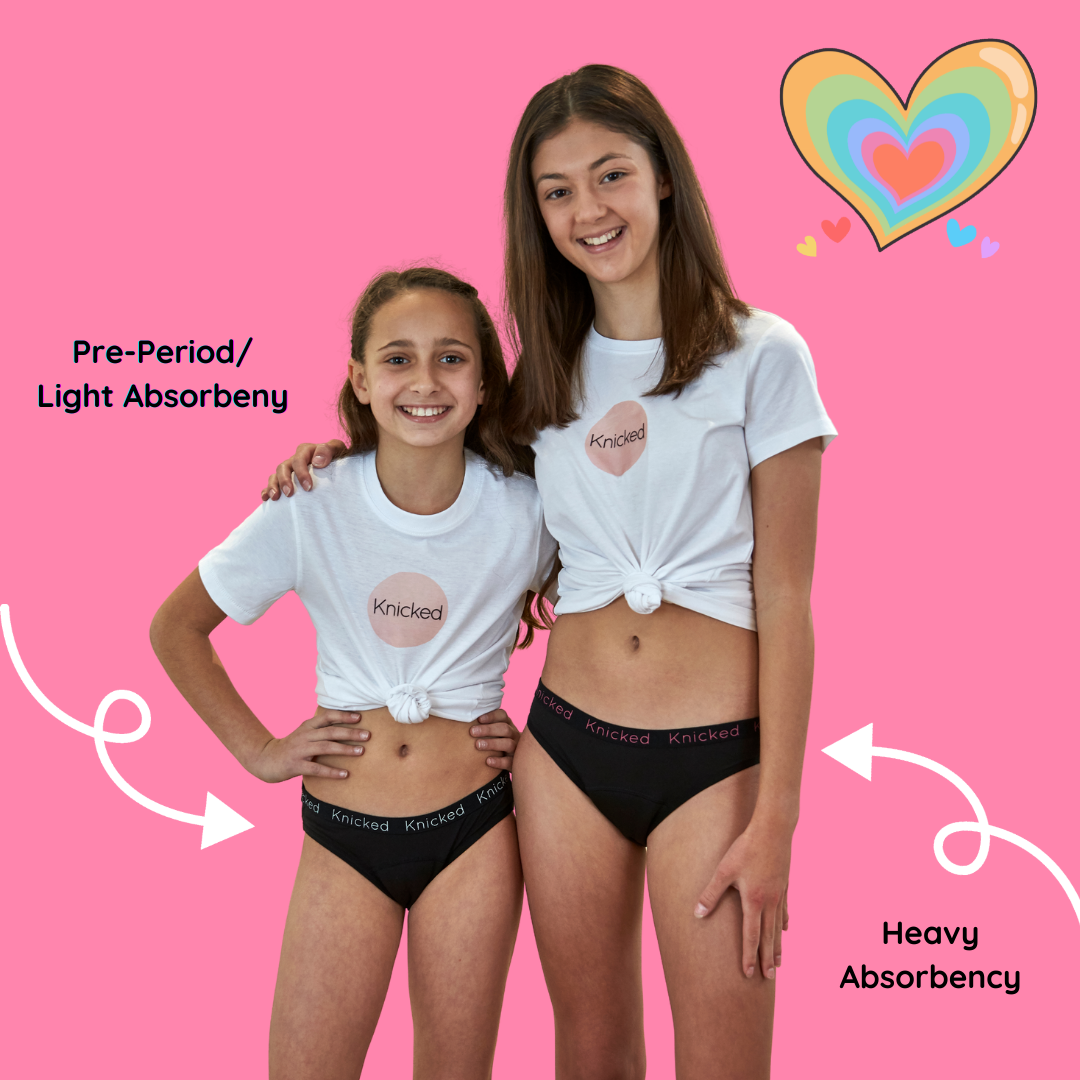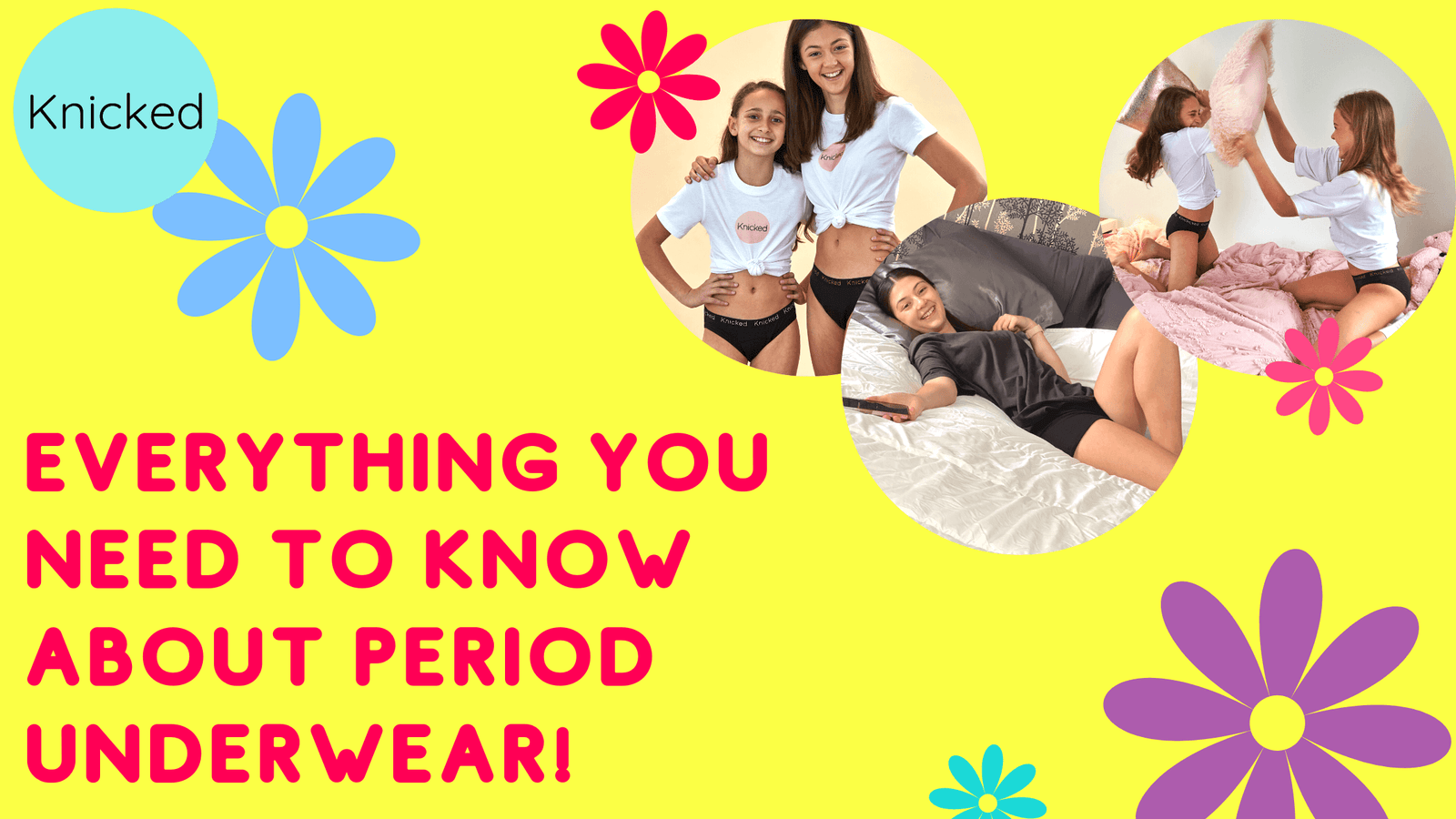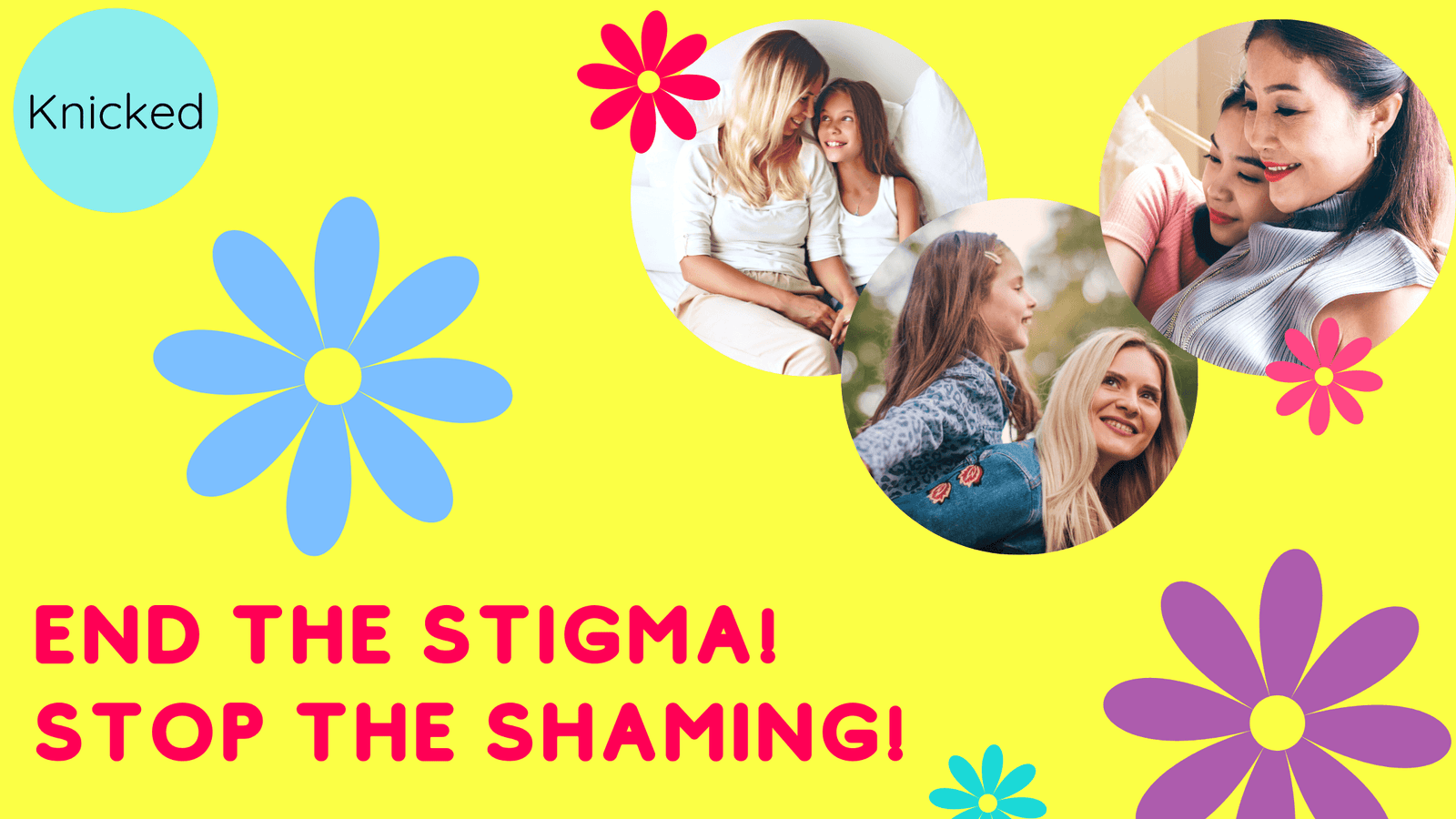What is the normal age to start having periods?
This one is a bit tricky to answer because it varies from girl to girl. Most girls will experience their first period between the ages of 8 to 17 but the average age is 12yrs.
If your period has not begun by the time you are 16 or If you haven’t seen any other changes in your body by 14 it is recommended that you should see a doctor. It doesn’t mean anything is wrong but it allows your doctor to knows what’s happening with your body so they can give you further advice.
Every girl’s body is different and will go through puberty in a way that is right for her so don’t worry or be embarrassed if you are the first or the last to get your periods.
A first period is a special event but it can seem scary or daunting to some younger girls, especially if they are the first in their friendship group to get a period. Reassure them just because they have their period every month it does not mean they need to stop enjoying their childhood or be rushed into becoming an adult. Knicked was created to help make that transition as easy and simple as possible.
How will I know when my periods are going to start?
There is no way to predict exactly when a period may begin, but here are some good indicators.
Developing breasts is usually the first sign (roughly about 2yrs before a first period).
Growing underarm or pubic hair
After you start to secrete vaginal discharge (the clear whitish fluid you see on your underwear) which tends to become thicker or yellower closer to a first period. You may experience discharge for weeks, months, or even a full year until you get your first period.
No one can predict exactly what day or time a period may begin, so it is important to be educated from a young age. Periods may seem scary at first, but they are a natural part of life. You may wake up one day and have started to bleed a little while you’re asleep or it may happen while you are awake. Knicked Worry-Free Whites are ideal for girls in this pre-period stage as they will be covered from stained sheets or clothing.
Will my periods be regular?
No, they may not be regular for a few months or years. You might have one period, and then not have another few a few months! Or you may have light spotting (small drops of blood) on a few days and then a heavier flow. For a few days. It will take your body some time to adjust to the menstrual cycle.
Generally, the cycle lasts for 28 days, so you will have one period each month. Your period can start on any day of the week or month, and last between 3 to 7 days. You may also notice some light spotting within the first three days before your period properly begins. Some girls fall into a regular pattern quickly while others always tend to fluctuate, everyone is different and that is okay. It’s a good idea to keep track of your period so you know when to expect your next period and what’s normal for your body.
How much blood will you lose and does it hurt?
Bleeding from your period isn’t like bleeding from a cut so it doesn’t hurt in that way but the muscles in your uterus work hard to push it out your period and sometimes that causes cramps which feel uncomfortable or give you pain in your stomach or lower back (see the section on cramps below). Your period dribbles out a little at a time, with most of it coming out the first couple days when your period is the heaviest or you may have some light spotting for a few days, and then a heavier flow for a few days. Not all girls bleed the same amount, it varies from girl to girl and from period to period. It might seem like a lot at first because you aren’t used to having a period but really, it is only 1 to 2 tablespoons (30mL to 60mL) of blood and around 5 tablespoons (150mL) of menstrual fluid over the course of your whole period.
How long will my periods last?
Your period may last between 3 to 7 days. The whole menstrual cycle lasts about 28 days, so you will have one period per month. Your period can start on any day of the week and can happen while you’re asleep or awake. You may notice some spotting (small drops of blood) happening up to three days before your actual period begins.
The average length of a period cycle is 28 days.
Not all girls have 28 day cycles. Lengths of cycles vary from girl to girl and from period to period. Some girls have shorter cycles and some girls have longer cycles and that is completely normal.
Is period pain cramping your style?
Here’s a few things to try..
Heating
Try placing a hot water bottle or heating pad on your tummy, or a nice warm bubble bath, heat increases blood flow to your sore muscles, providing you with sweet relief and comfort. Otherwise, try rubbing your hand up and down quickly where it hurts, it can provide enough heat to soothe a mild cramp.
Enjoy a cuppa
A nice hot tea or hot yummy soup can warm up your tummy and soothe cramps! This works in the same way as applying heat to the cramp but instead we’re doing this from the inside! Many girls find that the opposite is also true, ice cold drinks can make cramps worse so you may want to skip the ice!
Exercise
You may not feel like getting up and moving but exercising will help reduce pain from menstrual cramps! When you work out, your body releases a neurotransmitter called endorphins that act as a natural pain killer.
Eat food rich in Magnesium and Potassium
Eat foods such as dark leafy greens, nuts/seeds, fish, beans/lentils, whole grains, avocados, bananas, yogurt and dark chocolate.
Magnesium is an essential mineral that acts as a muscle relaxant. It soothes aching cramping muscles and lower back pain, while Potassium in foods allows your muscles to function properly, including your uterine muscles that may cramp up during your period. Too little potassium and your muscles may cramp painfully when they don’t need to.
Paracetamols
Paracetamols like Panadol act as a strong painkiller and work well for strong pain. Although they are available over the counter, they are a drug so please be careful regarding dosage and how often you can take them.
If period pain is regularly stopping you from going to school or enjoying day to day activities, please see your doctor for advice.
Please like and follow Knicked on facebook as we will be adding more topics, forums and interesting facts.





